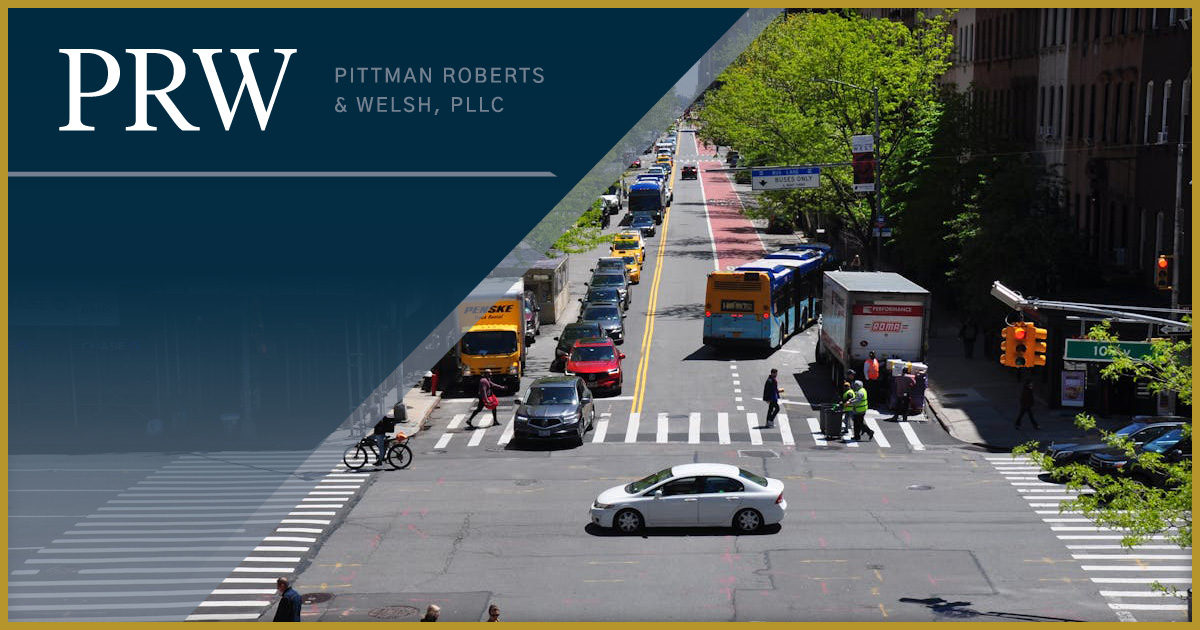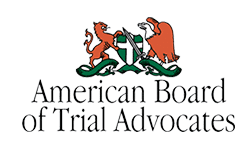Are You At Fault If Someone Pulls Out In Front of You?

According to the Mississippi Department of Public Safety Driver Service Bureau, if you’re driving at 30 mph, you need 116 feet to come to a complete stop. That includes your thinking and reaction time. If someone pulls out in front of you, there might not be enough time to stop and prevent a collision. But would you be at fault if someone pulled out in front of you?
Determining Fault for Car Crashes in Jackson, MS
Every driver understands the importance of determining fault after an accident. Even though your insurance might pay for the damage, you still don’t want to be the one who caused the collision. Mississippi is a pure comparative negligence state. That means if you are injured or your car is damaged in an accident, you have the right to get compensation from the other driver, even if you were partially at fault for it.
For instance, it might be determined that the other driver was responsible for 90% of the accident and you for the rest. That means you’ll receive 90% of the final payout.
If you’re involved in the type of accident scenario where someone pulls out in front of you, there are several factors to determine who would be at fault:
Traffic Rules and Signals
If the other motorist ignores traffic rules or signals, such as failing to yield or running a red light, they could be considered at fault in the accident.
Right of Way
The Federal Highway Administration finds that each year, around one-quarter of all traffic accidents occur at intersections. That usually means someone failed to yield to the right of way of the other motorist. Of course, if it is determined that you didn’t yield as you should have, the blame for the accident can shift back to you.
Speeding
The speed of both vehicles involved in the accident also contributes to determining who is at fault. The other driver could misjudge your approaching speed and attempt to make the turn, resulting in a crash. Also, you could be at fault if you speed up to get past that approaching car.
Pulling Out of Driveways
When you pull out of a driveway, it is your responsibility to make sure there are no approaching vehicles. You do not have the right of way. That is true for driveways in homes, parking lots and garages, so if a crash stems from this, you could be held liable for any injuries your victim suffered.
Motorcycles and Bicyclists
Motorcycles and bicyclists have more agility to maneuver in between traffic lanes. However, that does not automatically give them the right of way. Thus, depending on the circumstances surrounding the crash, they might be liable for its occurrence.
In any one of the above scenarios, the other motorist (or cyclist) could be given a citation from the police for not yielding to oncoming traffic. That will boost your claim. However, if there isn’t a conclusive decision about fault, the evidence you collect can help you, and your attorney may be able to make the case for it.
Choices You Make After a Crash Matter
If a car pulls in front of you and causes a collision, your first reaction will be shock and surprise. To protect your interests, it is important that you understand the steps to take in the aftermath of an accident. Those should include:
Checking for Injuries
The priority is to check for injuries for you, your passengers, and anyone involved in the accident. Even the slightest injury should mean a call to 911 for support. If you or someone driving with you were injured in the accident, the costs associated with that injury are something you’ll want to seek damages for. Determinations of fault make a difference as to who pays for these injuries.
Moving to a Safe Location
If possible, you should move your cars to a safe location to avoid blocking traffic. However, before you do move, be sure to take many photos and videos of the impact. Those photos will become an important part of your claim. That is especially true if you can establish things like stop signs and traffic lights that might be a factor in determining fault.
Call the Police
It is essential to call the police to your accident scene. They can generate an official report that includes facts that help with fault determinations. The officer will take statements from both motorists and any witnesses and also document the scene with photos.
Exchange Information
You will need to exchange information with the other motorist. Take a photo of their insurance and driver’s license. If they give you a phone number, call it right away to confirm it. This is a way to ensure that, if you decide to hold someone liable for what happened, there’s a better chance of reaching them to do so.
Take Photos and Videos
In addition to photos of the impact and damage to your car, you should also take wider photos of the road conditions and weather. If there are witnesses, you can also take videos of their statements. A witness could testify to seeing the other motorist not yielding or disobeying traffic laws. All of this could help insurers and your attorney make fault determinations.
Do Not Admit Fault
Above all else, you should not admit to fault in the accident. That means avoid saying, “I’m sorry” in any form. You can ask if the other motorist is “Okay,” but you should engage with them about what happened and who is to blame. Leave that for the facts.
Retaining the Right Attorney
If there is a dispute about who is at fault in a car accident, it is important to get the help of an experienced attorney to help with your claim. Pittman, Roberts & Welsh, PLLC can be that team. If your case has merit, we can conduct a thorough investigation of the accident, including all the evidence and expert witness evaluations.
We also understand how insurance companies work and how they will do whatever they can to avoid paying fair compensation for your losses. We will negotiate with the insurance companies with the goal of achieving a remedy for all your medical bills, lost wages, property damage, and pain and suffering.
If those negotiations don’t yield a satisfactory settlement amount, we’ll discuss with you the option of moving to filing a lawsuit. If you decide that is the path to take, we’ll prepare your case for a judge and jury that will solidify your position about who was at fault in the collision and what you are owed. We stand behind our clients every step of the way. Call to set up a consultation today to discuss your situation.







